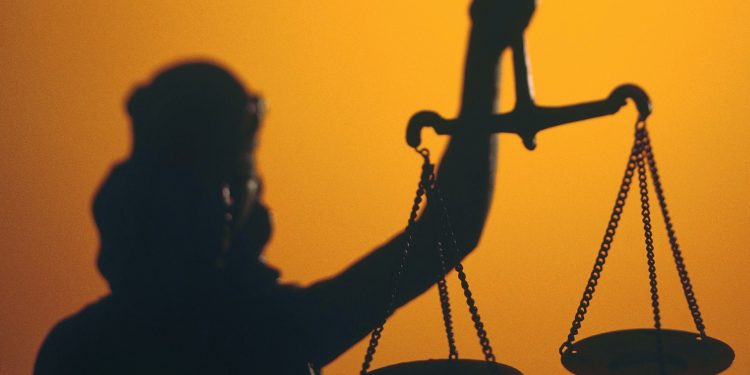The Chief Justice of India SA Bobde has passed caustic comments against the lower judiciary for granting bail to deceased gangster Vikas Dubey. Justice Bobde has commented that there seems to be ‘institutional failure’ when parole was granted to Dubey despite there being 65 FIRs against him. CJI’s remarks are in keeping with his high office and needs to be heeded by lower judiciary across the country. Not just Vikas Dubey but criminals in general go scot free in the present day police-judicial setup. While the Uttar Pradesh police and political bigwigs were supposedly involved with Vikas Dubey and his gymnastics and gave him protection, the legal system also went along meekly with what the police wanted. There, of course, is the standard argument that a Court cannot go beyond what documents and arguments the public prosecutor produces at the behest of the police. While this is an accepted aspect of our judicial system, yet there are many instances where the judiciary refuses bail to applicants without rhyme or reason. Many bail pleas are rejected of people who do not have previous or concurrent allegations or FIRs. In other words, many times, history sheeters go scot free from the same court whereas others with no past records are dumped in jails for unlimited periods. It is not as if Indian judiciary is super prompt in dealing with cases. India, no doubt, is a country of litigants. The main judicial system of the formal courts has been proven ineffective in meting out quick justice.
While the CJI commented about Vikas Dubey getting bail, one is drawn to the fact that this could happen simply because there was immense media glare on Dubey. That too not only because he gunned down eight UP police personnel but more because of his links with the Chief Minister of that state. In a similar vein, the highest judicial authority of the land should also cast a look at the social and political detentions across the nation that the lower judiciary has been neglecting.
In any democracy, the elected legislature that forms the government is temporary while the legal system put in place by the Constitution is permanent. Here, the case of poet Varavara Rao, Sudha Bharadwaj, Arun Ferreira, Gautam Teltumbde and many others comes to mind. For 80 year old Rao, this is not the first time he has been detained. Languishing in a Maharashtra prison since early 2018, Rao has been shifted to Nanavati Hospital in Bombay for Covid 19 recently. It is said the old man is on his death bed, yet his bail plea is not being granted nor permission being given for family members to meet him. The court innocently asks the prosecution whether such permission can be granted and, with obvious refusal, denies the poet the opportunity to meet his kin towards, probably, the end of his life. While Rao was first arrested in 1973 for his fiery left oriented poetry that supposedly could incite people against the Establishment and ruffled the powers that be, he was again arrested during Indira Gandhi’s Emergency. This latest arrest of 2018 was again because of his poetic involvement and speeches that, police claims, was a cause for trouble at the Bhima Koregaon assembly of a huge crowd of Dalits on 1st January 2018. While it is technically still not ‘illegal’ to be a Dalit citizen of India, the reasons for the arrest and long detention of these intellectual activists have not yet been properly documented by the authorities. Simply labeling them ‘Urban Naxals’ should not be considered reason enough for the long detentions.
Another case that comes to mind is of Dr Kafeel Khan who, like many other students, activists and intellectuals, has been languishing in prison for supposedly giving inflammatory speeches against the Citizenship Amendment Act (CAA) at Aligarh Muslim University in December 2019.
While, undoubtedly, any acts against the sovereignty and unity of the country should be dealt with in a strong manner, yet putting people behind bars without speedy judicial process seems to be giving an impression the courts might be heeding political bosses in matters where they should not be interfering. Any institution, especially the judiciary, needs to protect itself and has to demonstrate its impartiality for common citizens to have faith in it. When serious charges such as treason are leveled against citizens, it is imperative that trials progress in such a manner that not only justice is done but it has to be seen to be done also. The country looks up to the judiciary to play its important role in safeguarding the basic tenets of democracy and preserving the freedom of Indians in their own land.






































